Latest From Our Blog
Check out our latest posts and subscribe for more.

SPF 30 or SPF 50: Which Sunscreen Protection is Right for You?
Protecting your skin from the sun's harmful UV rays is essential for maintaining healthy skin. Sunscreen has long been a go-to solution for skin protection, but with so many options available in the market, deciding between SPF30 and SPF50 can be confusing.

Debunking Common Myths About Sunscreen and Sun Protection
When it comes to sun protection, there are plenty of misconceptions that can put your skin at risk. It's crucial to understand the truth about SPF, Sunscreen SPF50, and Mineral Sunscreen to ensure you're effectively safeguarding your skin from the sun's harmful UV rays.

How to Find the Best Mineral Sunscreen for Your Sensitive Skin Type
Protecting your skin from the sun's harmful rays is important, especially if you have sensitive skin. But with so many options available, how do you choose the best mineral sunscreen for your specific needs? In this article, we will guide you through the process of finding the perfect mineral sunscreen for your sensitive skin type.
Articles

How to Find the Best Mineral Sunscreen for Your Sensitive Skin Type
Protecting your skin from the sun's harmful rays is important, especially if you have sensitive skin. But with so many options available, how do you choose the best mineral sunscreen for your specific needs? In this article, we will guide you through the process of finding the perfect mineral sunscreen for your sensitive skin type.

What I Learned from Using an Organic, Mineral Sunscreen for the First Time!
As a professional journalist, I have tried and tested numerous skincare products over the years. However, I never found a sunscreen that suited my skin's needs until I tried Freshmade Advance Suncare, SPF50. This high-quality mineral sunscreen not only provided excellent protection but also nourished my skin without any harmful chemicals.

The Science Behind Mineral Sunscreen: How Does It Work to Protect Your Skin?
If you're looking for a natural and effective way to protect your skin from the sun's harmful rays, mineral sunscreen is an excellent choice. Unlike chemical sunscreens, which absorb UV radiation, mineral sunscreens create a physical barrier that reflects UV rays away from the skin.

SPF 30 or SPF 50: Which Sunscreen Protection is Right for You?
Protecting your skin from the sun's harmful UV rays is essential for maintaining healthy skin. Sunscreen has long been a go-to solution for skin protection, but with so many options available in the market, deciding between SPF30 and SPF50 can be confusing.

Debunking Common Myths About Sunscreen and Sun Protection
When it comes to sun protection, there are plenty of misconceptions that can put your skin at risk. It's crucial to understand the truth about SPF, Sunscreen SPF50, and Mineral Sunscreen to ensure you're effectively safeguarding your skin from the sun's harmful UV rays.
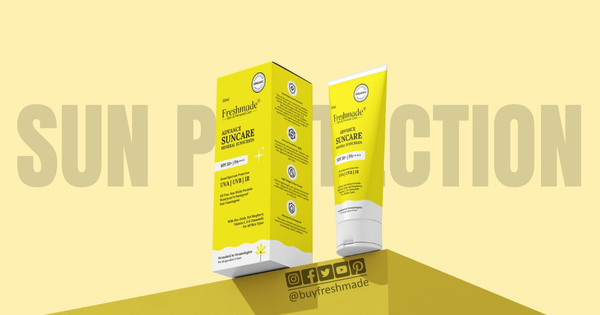
The Ultimate Guide to Choosing the Best Mineral Sunscreen for Oily Skin
When it comes to skincare, one of the most critical steps you can take is to protect your skin from the sun's harmful rays. However, finding the right sunscreen can be challenging, especially if you have oily skin. Mineral sunscreens are an excellent option for those with oily skin, providing the necessary protection without clogging pores or causing excess oiliness.
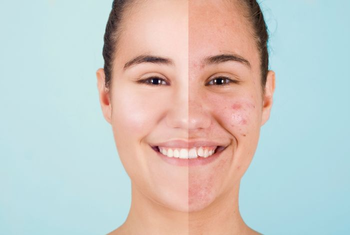
5 ways to deal with acne naturally
Do you find yourself reaching for the nearest bottle of acne wash at the first sight of a blemish? You’re not alone. But don’t panic! In this blog post, we will discuss 5 amazing ways to tackle acne without relying on store-bought products.
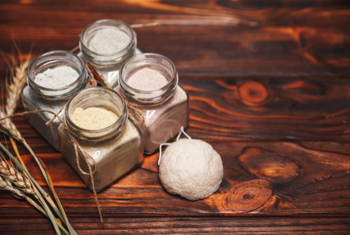
4 Types of Ubtans You Must Use in Winters
In this blog post, we’ll be exploring the four types of ubtans you must use in winters to keep your skin glowing and radiant all season long.

10 Interesting Skincare Hacks That Can Keep You Looking Young
We’ve got 10 skincare hacks here that are sure to keep you looking young and beautiful for years to come. Read on for simple yet effective tips you can use in your own skincare regimen!
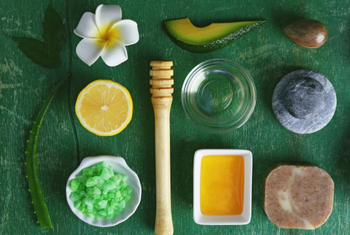
6 Phenomenal Kitchen Ingredients for Healthy & Strong Hair
Are you looking for a way to keep your hair looking healthy and strong? Believe it or not, your kitchen can be a goldmine of ingredients that can give you the perfect solution.
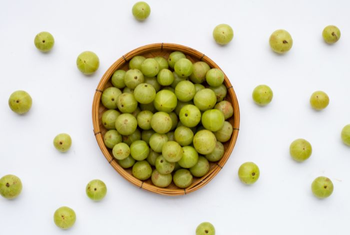
Did you know these amazing benefits of amla for hair?
Amla, also known as Indian gooseberry, is a rich source of vitamin C, minerals and other phytochemicals. It has been used for centuries in traditional Ayurvedic remedies.

6 Reasons Why You Must Include Hair Masks in Your Hair Care Regime
Hair masks are an essential part of any hair care regime. They are a deeply nourishing treatment which helps to repair damage caused by heat styling, bleaching, and other hair stressors.
Loading...
Signup for the newsletter
Receive a free skincare journal. Stay updated on our latest offers.
